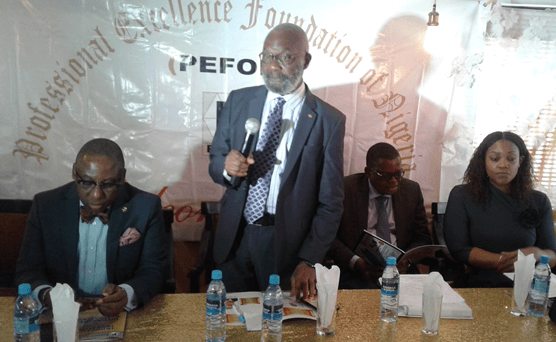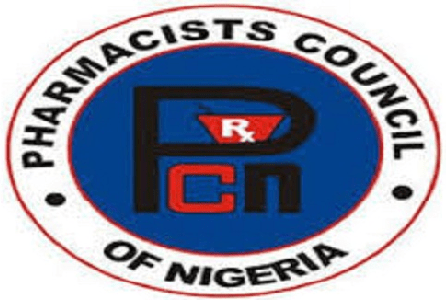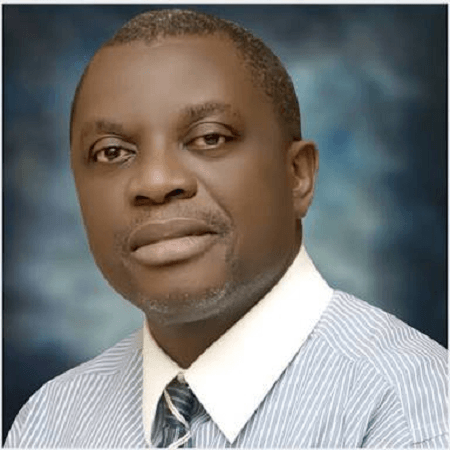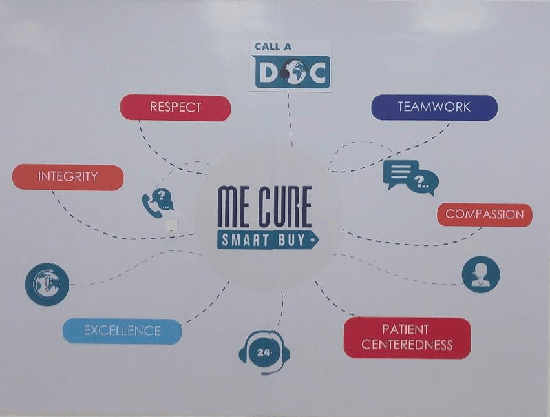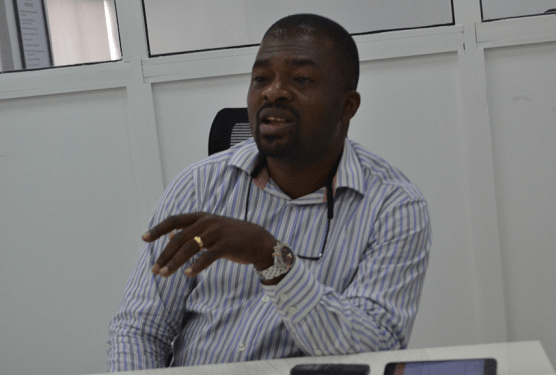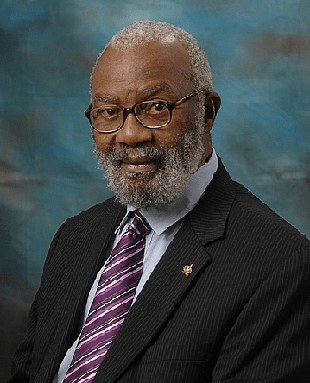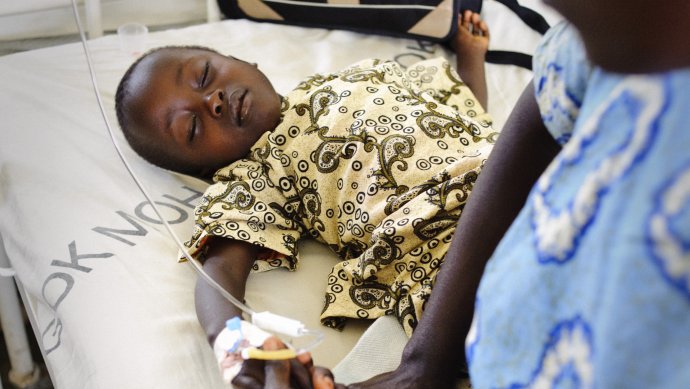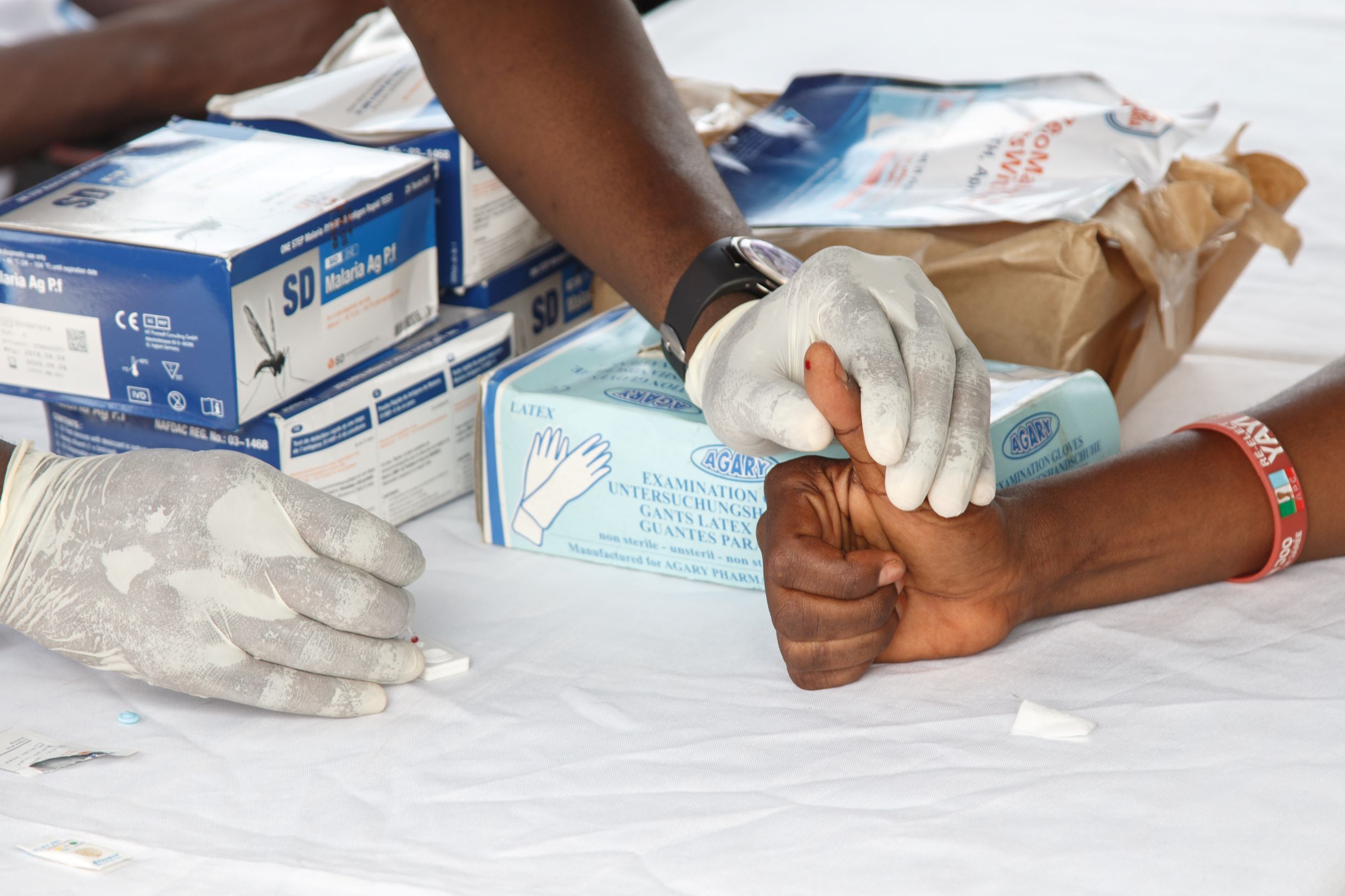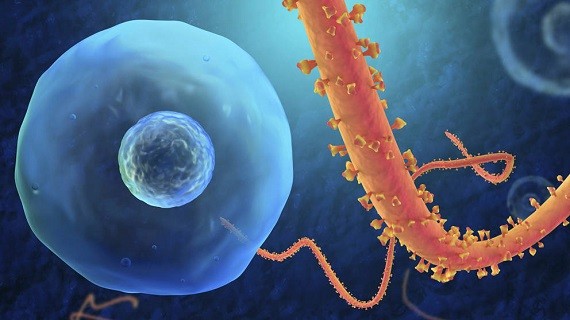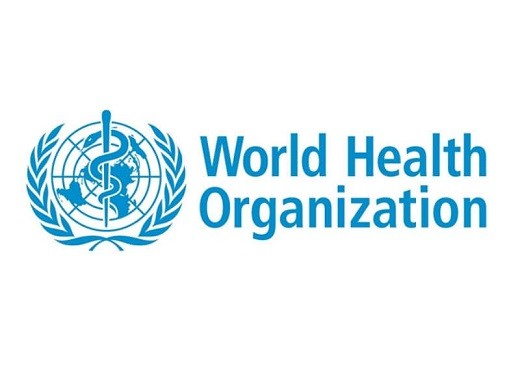‘‘If you want to do more, you must know more.Your knowing ability determines your doing ability. – George O. Emetuche, bestselling author.’’
Some people discover great skills early in life, while others grow to learn how to develop the skills they need to move on in their career paths. Developing skills does not happen overnight. It requires interest, consistency and perseverance from the person who desires to learn. Learning is imperative. Knowledge is essential. The things you know determine the height you will get to in your sales career or any other life’s endeavour. There’s no alternative to this truth.
In selling, knowledge is vital
It is almost impossible to sell what you don’t know of! It is commonsense in sales that before you sell, you must know your company. You must know the marketplace. You must know your industry. You must know your competitor. You must know your customers and prospects. And, of course, you must know your products and services. The more you know, the more you conquer!
John C. Maxwell writes, ‘‘If you want to lead, you must learn. If you want to continue to lead, you must continue to learn.’’ If you want to maintain a leading position in your career, you must continue to develop your skills and knowledge.
Sales job is a career path that requires a lot of skills and information. Most great salesmen we know today started by learning. Brian Tracy once told a story of how he learnt from a top salesman and his colleague – who was trained by a Fortune 500 Company. Training is as important as the job itself. You must find ways to enhance competence in your area of interest and beyond.
Information is priceless
Information is vital in development. The world is seen as a global village today because of availability of information. Personal development and Information are synonymous; they are interwoven. Information develops knowledge while knowledge improves skills. Seek knowledge. Get better and take yourself to the top easier and faster.
Jean Francois Lyotard, French Philosopher and a distinguished professor at University of California, Irvine, said, ‘‘Knowledge in form of an informational … will continue to be a major perhaps the major – stake in the worldwide competition of power. It is conceivable that nation–states will one day fight for control of information, just as they battle in the past for control over territory…’’
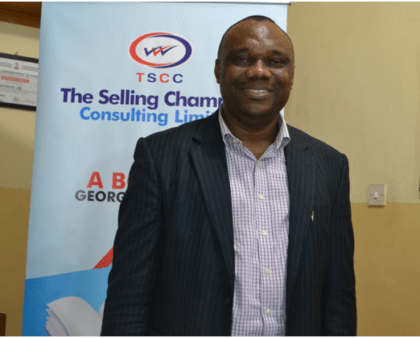
This is already happening. Look around you and see that the richest companies in the world today are the ones playing in the data economy industry. Things are advancing and changing daily. It is expected that organisations and individuals should continue to improve in order to compete in today’s demanding marketplace. The importance of training and personal development cannot be overemphasized.
When you learn and apply, you lead
The more you apply what you know, the more you excel. It is the skills you have garnered through training that will lead you through your career paths – whether you are in sales or any other career. An individual who performs poorly will likely improve on the job if he embraces training and personal development. What you earn or receive as remuneration, bonuses or incentives is directly related to your input and your effort is not detached from your skills, knowledge and the information you have. The more you improve your skills, the more you earn.
Learning is a continuous thing. The more you learn and improve yourself, the more you will want to learn. Learning is an attitude. Charles Jones, public speaker and businessman says, ‘‘You will be the same person in five years that you are today except for the people you meet and the books you read’’; and Zig Ziglar adds, ‘‘Not all readers are leaders; but all leaders are readers.’’
The man who makes the sales will continue to develop if he starts to explore his environment with a view to learning necessary skills and acquiring required knowledge. Build capacity today!
Please register to attend our Annual Masterclass
Speakers: Chidi Okoro, Ex CEO, GSK Consumer PLC, Dr Adebola Olubanjo, FCA, Vincent Onodugo, PhD, Scholar of UNN, Researcher and Management Consultant, Charles Iloegbunam, FNIMN, Former, GM, Sales & Marketing, Promasidor and George O. Emetuche, CES, Founder, The Selling Champion Consulting Limited.Date: Saturday, June 8, 2019
Venue: Dover Hotels, 14 Aromire St, off Allen Junction, near Adeniyi Jones Street, Ikeja, Lagos
Morning Session- 8:30am:
for Managers, Sales & Marketing Professionals and BusinesspeopleEvening Session- 4pm designed for MDs, CEOs and Top Executives For payment and other details please visit: www. hesellingchampionconsulting.com,or call, 08186083133.













